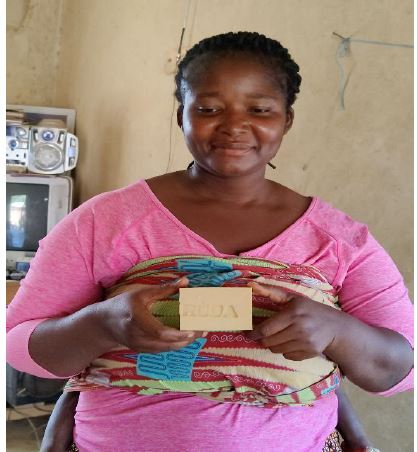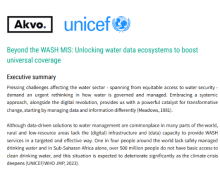Case studies, lessons learned, field notes
Field Note:Developing Hand Hygiene for All National Road Map in Ghana and Nigeria
Geographies
Eastern and Southern Africa
Related Topics
Water. Sanitation and Hygiene

Following the Hand Hygiene for All Initiative call for the development of comprehensive national hand hygiene Roadmaps, UNICEF provided two countries in the Western and Central African regions, Ghana and Nigeria, with dedicated funding. Under the leadership of the government, countries engaged multiple stakeholders in a lengthy consultation process, established a hand hygiene situation analysis across all settings to inform strategic planning, and prioritized actions across three pillars – Political Leadership, Strong Enabling Environment, Robust Supply and Demand - to sustainably scale up hand hygiene initiatives. The HH4A Roadmap development process led to:
- increased coordination with a HH4A coordination mechanism through the identification of focal points.
- strengthened partnerships and clarification of roles and responsibilities across settings, with clear lines of accountability. Key lessons learned:
- National coordinating bodies and specific government focal points are critical.
- The Roadmap is a good tool to define and harmonize multisector efforts.
- Integrating the Roadmap into broader policies and strategies across the many sectors, where hand hygiene is relevant (health, education, labor, public works, trade and industry…) is necessary.
- Ongoing efforts are needed to increase the quality and quantity of data for hand hygiene across all settings.




